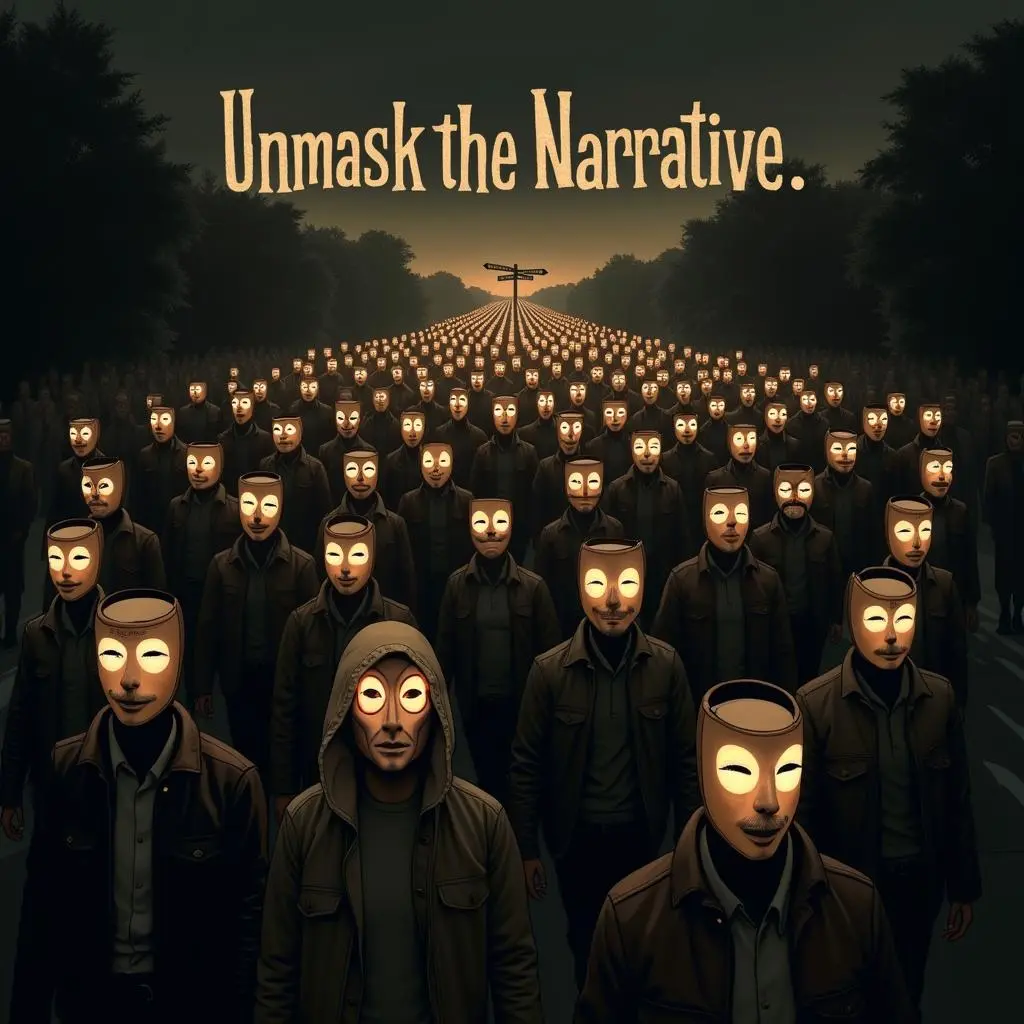How Propaganda Shapes Your Worldview Without You Knowing

Propaganda is a subtle yet powerful tool used to influence public opinion and shape worldviews. It often works unnoticed, embedding specific narratives and values into everyday information. Through media, education, and even entertainment, propaganda can reinforce societal norms, political ideologies, and economic agendas.
One of the most effective techniques of propaganda is repetition. Messages repeated consistently over time become familiar and are more likely to be accepted as truth. These messages can create a skewed perception of reality, suppressing critical thinking and promoting conformity. For example, certain groups may be villainized or idealized to serve political or economic interests.
Propaganda also thrives on emotional appeal. Fear, pride, and hope are commonly exploited to manipulate behavior and opinions. Whether it’s invoking fear of an external enemy or pride in national achievements, these tactics divert attention from more pressing issues and maintain control over the public narrative.
To counter the effects of propaganda, individuals must cultivate media literacy and critical thinking skills. Questioning the source of information, recognizing bias, and seeking diverse perspectives are essential steps to protect oneself from manipulation. Supporting independent media and fostering open dialogue can also weaken the grip of propaganda on society.
Ultimately, awareness is the most effective weapon against propaganda. By understanding how it works and remaining vigilant, societies can promote transparency, encourage critical discourse, and empower individuals to form their own informed opinions.
